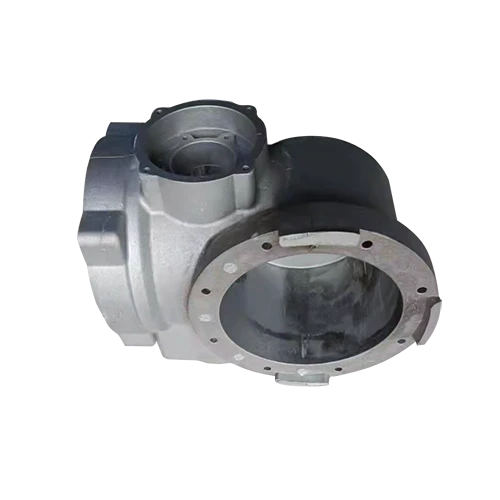Mobile:+86-311-808-126-83
Email:info@ydcastings.com
Design and Analysis of a Single Impeller for Efficient Fluid Dynamics Applications
The Importance of Single Impeller Design in Fluid Dynamics
The world of fluid dynamics is expansive and includes a variety of components, among which the impeller is pivotal. An impeller is a rotating part of a centrifugal pump and plays a crucial role in transferring energy from the motor to the fluid being pumped. Among the various types of impellers, the single impeller stands out for its unique advantages and applications.
A single impeller consists of a single rotating vaned component that imparts kinetic energy to the fluid, enabling it to flow through the pump. Its design is simpler compared to multi-impeller systems, making it easier to manufacture and maintain. This simplicity is particularly beneficial in applications where reliability and reduced downtime are critical.
One of the most significant advantages of a single impeller design is its ability to efficiently manage lower flow rates. In scenarios where fluid needs to be moved with precision but not in large volumes, single impellers excel. They produce an optimal balance of pressure and flow, which can lead to energy savings in pumping applications. Moreover, the streamlined design allows for less turbulence and wear, extending the longevity of both the impeller and the entire pump system.
Single impellers are often featured in a wide range of applications, from small residential water pumps to larger industrial machinery. In aquaculture, for example, single impellers are essential for maintaining water circulation in fish tanks, ensuring an adequate supply of oxygen for aquatic life. In HVAC systems, single impellers are utilized in air handlers where they push air through the ductwork efficiently.
single impeller

Furthermore, the design of a single impeller can be tailored to suit specific applications. Manufacturers can adjust parameters such as the number of blades, the blade angle, and the diameter to optimize performance for different fluids or operating conditions. This adaptability makes single impeller pumps a versatile choice across industries, including chemical processing, food and beverage, and wastewater management.
Additionally, the operational efficiency of single impeller designs can lead to significant cost savings. Since they operate with less complexity compared to multi-impeller systems, fewer parts translate to lower manufacturing and maintenance costs. This efficiency allows businesses to allocate resources more effectively and maximize their return on investment.
However, challenges do exist. Single impellers may not be the most effective option for high-flow, high-pressure applications. In such cases, multi-impeller setups might be more appropriate. It is crucial for engineers and designers to assess the specific requirements of their applications thoroughly before deciding on an impeller design.
In conclusion, the single impeller design has a critical role in fluid dynamics, offering efficiency and reliability in various applications. Its simplicity, adaptability, and cost-effectiveness make it an attractive choice for many industries. As technology advances, we can expect further innovations in impeller design, continuing to enhance performance and sustainability in fluid management systems. The study and application of single impellers will undoubtedly remain a vital area of interest for engineers and industry professionals alike.
-
Valve Body Acts as the “Heart” of Flow ControlNewsMay.19,2025
-
Understanding the Importance of ImpellersNewsMay.19,2025
-
Importance of Automobile Water PumpsNewsMay.19,2025
-
How an Engine Oil Pan Works to Keep Your Car LubricatedNewsMay.19,2025
-
Common Materials Used in Pump Impeller ManufacturingNewsMay.19,2025
-
Ball Valve Casting in Modern Pipeline SystemsNewsMay.19,2025











